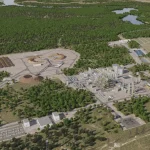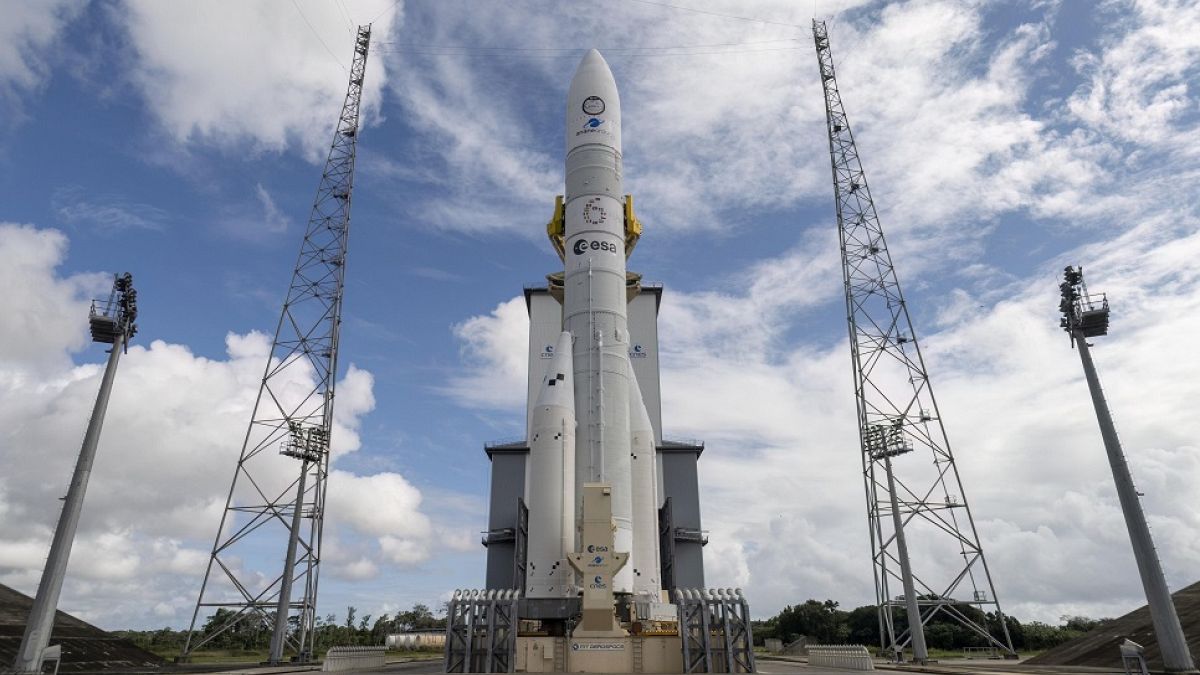The launch of the Ariane 6 rocket from French Guiana on July 9th is crucial for the European Space Agency (ESA) as it aims to regain access to space following the retirement of the Ariane 5 in 2023. The completion of the Ariane 6 rocket has been delayed for years due to technical problems, the failure of the Vega-C rocket, the COVID-19 pandemic and other factors. The successful launch of Ariane 6 is seen as a key moment for Europe to reestablish its space capabilities and compete in the global satellite launch market.
With the retirement of the Ariane 5, Europe has had to rely on third parties such as Elon Musk’s SpaceX to send satellites into orbit. This move has prompted concerns about Europe’s lack of autonomy in strategic areas. However, the launch of Ariane 6 will enable Europe to put its own satellites into orbit for various purposes including earth observation, navigation, communication, and military use. The European Commissioner for the Internal Market, Thierry Breton, has expressed unhappiness with the delays in the Ariane 6 project and the need to rely on private companies for satellite launches.
Despite setbacks and delays, Ariane 6 has already received 30 orders, including 18 from Amazon for launching its Kuiper satellite constellation project. The launch of Ariane 6 is seen as the first step in Europe’s space strategy and a means to increase ambition in using space for the benefit of European citizens. ESA and ArianeGroup are hopeful that the success of Ariane 6 will pave the way for the development of new launcher technology by smaller or larger companies in the future. The European space industry is looking to expand its capabilities and compete with the growing global market for satellite launches.
The decision by Europe’s meteorological satellite organization to choose SpaceX for one of its satellite launches has drawn criticism as it comes just days before the test flight of the Ariane 6 rocket. However, this decision is seen as driven by exceptional circumstances and does not compromise Europe’s standard policy of supporting European partners. Despite this setback, ESA and ArianeGroup remain optimistic about the success of Ariane 6 and the future of European space exploration. The launch of Ariane 6 is expected to increase the resilience of Europe’s space domain and allow the European industrial sector to compete on a global scale.
In conclusion, the launch of the Ariane 6 rocket is a significant moment for Europe as it reestablishes its ability to send satellites into space. The delays and setbacks in the Ariane 6 project have prompted concerns about Europe’s autonomy in the space industry, leading to partnerships with private companies for satellite launches. However, the success of Ariane 6 is expected to increase Europe’s competitiveness in the satellite launch market and open up new opportunities for the European space industry. The completion of the Ariane 6 project will mark a new chapter in Europe’s space exploration efforts and pave the way for future advancements in launcher technology.










